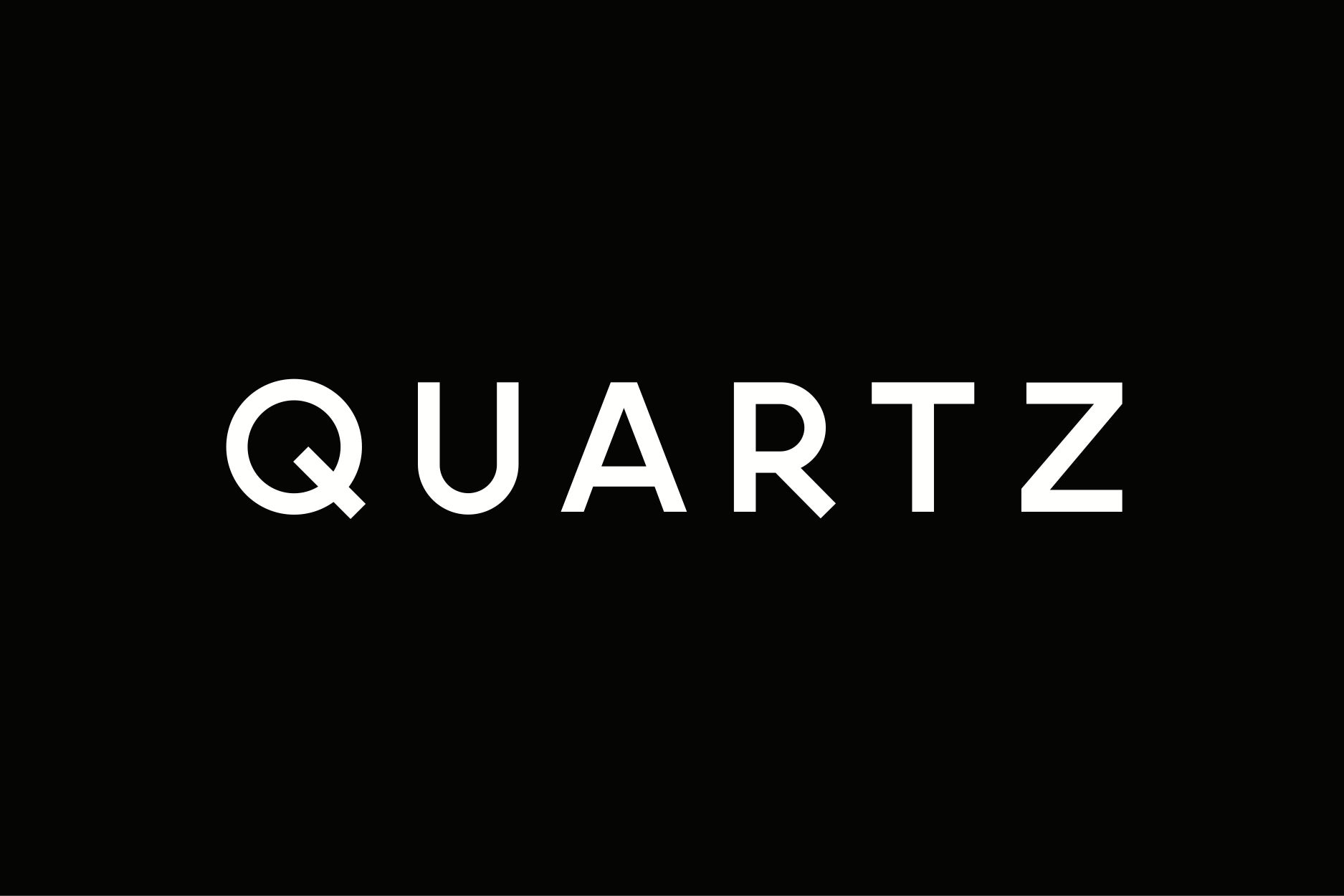Quartz Daily Brief—Americas edition—Obama meets Netanyahu, Goldman drops BRICS, ancient snail mail
Good morning, Quartz readers!


Good morning, Quartz readers!
What to watch for today
Barack Obama meets Benjamin Netanyahu at the White House. The US president and Israeli prime minister are expected to discuss rising violence between Israel and the Palestinians. The meeting is the first since the two leaders publicly disagreed over the Iran nuclear deal, a prime objective of the Obama administration.
Myanmar election aftermath. Nobel Prize-winning opposition leader Aung San Suu Kyi’s National League for Democracy is expected to win the largest share of the parliamentary vote, despite Aung San being barred from the presidency. The election is the country’s first since military rule ended in 2011, but complete results are not expected for days.
Russian athletics comes under scrutiny. The World Anti-Doping Agency publishes the results of an investigation into allegations of systematic corruption in the country’s athletics association, which one of the report’s authors’ says will show “a different scale of corruption,” even compared with FIFA.
Migrants and money meetings in Brussels. European interior ministers are slated to discuss the ongoing humanitarian crisis. Separately, their finance ministry counterparts are set to discuss the still simmering European financial situation.
The OECD releases its latest economic outlook. The report is expected to spotlight the slowdown in China as well as a decline in global trade.
Over the weekend
Banks received new standards for strengthening their books. The Financial Stability Board ruled that systemically important banks must have a total loss-absorbing capacity of 18% by 2022, in order to prevent another Lehman moment. Currently, banks are $1.2 trillion short of that figure.
Taiwan’s and China’s leaders met for the first time. Xi Jinping and Ma Ying-jeou shook hands at their symbolic talks in Singapore on Saturday. The event, between leaders who do not recognize the other’s legitimacy, involved the utmost in careful diplomatic planning.
Egypt believes a bomb brought down the Russian plane. Investigators are “90% sure” that’s what caused the final sounds recorded in the cockpit, according to Reuters. Meanwhile, French investigators “have ruled out technical failure,” the FT reports (paywall) and noted “ambiguous sounds” on the flight voice recorders.
China’s trade data fell well short of expectations. Exports dropped by 6.9% in October from a year earlier while imports were down by 18.8%, surprising analysts who anticipated shallower losses. The particularly weak domestic demand suggests more central-bank stimulus could be on its way.
Goldman Sachs dropped its BRICS fund. The bank ended an investment fund that focused on Brazil, Russia, India, China, and South Africa after it made losses for several years. The investments will be folded in to its larger emerging markets fund.
Sierra Leone was certified Ebola-free. The World Health Organization reported that 42 days had passed since the last patient was declared healthy. But it will keep staff in Sierra Leone to help ensure Ebola doesn’t return; the disease can remain dormant in patients’ bodies.
Maggi noodles returned to Indian shelves. Nestlé, the world’s largest food company by revenue, had to remove its wildly popular instant noodles from shelves in May after Indian regulators reported unsafe levels of lead in them. Nestlé contested the test results, and the product is now back, but the recall cost the company $67 million.
Quartz obsession interlude
Marc Bain on the shape-shifting, 3D-printed sneaker: “The textile will “jump” into a new shape according to the arrangement of the 3D-printed lines left on it. Hypothetically, you could either custom print a shoe for each wearer with just a few lines of extruded plastic, or you could make a nearly one-size-fits-all shoe, since the stretchy textile will conform to any given shape.” Read more here.
Quartz events
Quartz’s The Next Billion is back in New York on Nov. 16, exploring the next wave of internet users in emerging markets and on mobile platforms. Speakers include Phil Libin of Evernote, Luis von Ahn of Duolingo, Catherine Hoke of Defy Ventures, and many more. We’re hosting a full day of live interviews, interactive demos, debates, and networking with local and international innovators and decision makers. Register today using the code QZBRIEF for a 40% discount.
Matters of debate
The IT industry is cheapening the title of “engineer.” A real engineer bears a burden to the public.
Privacy is nothing but a 20th century anomaly. It’s heyday lasted only from the 1960s to the end of the 2000s.
We have trouble accepting old-age libidos. We repeatedly struggle to accept that sexual desire doesn’t expire in old age.
Food companies aren’t keeping up with changing eating habits. They need to cut all processed ingredients, not just a couple (paywall).
Surprising discoveries
China surpassed Canada as the US’s biggest trading partner. Thanks to the drop in oil prices.
Indonesian authorities are seizing “Communist” toys. Trinkets bearing the hammer and sickle could inspire unwanted “ideals.”
License plates from JFK’s morbid limousine were sold at auction. The plates, on the car in which he was killed, fetched $100,000.
Dutch scientists are examining unopened mail from 300 years ago. It had been in a leather trunk in a museum.
Two Southeast Asian societies have more than a dozen words for scents. That’s huge, compared to most languages.
Our best wishes for a productive day. Please send any news, comments, long-unopened mail, and surprising words for smells to [email protected]. You can follow us on Twitter for updates throughout the day.